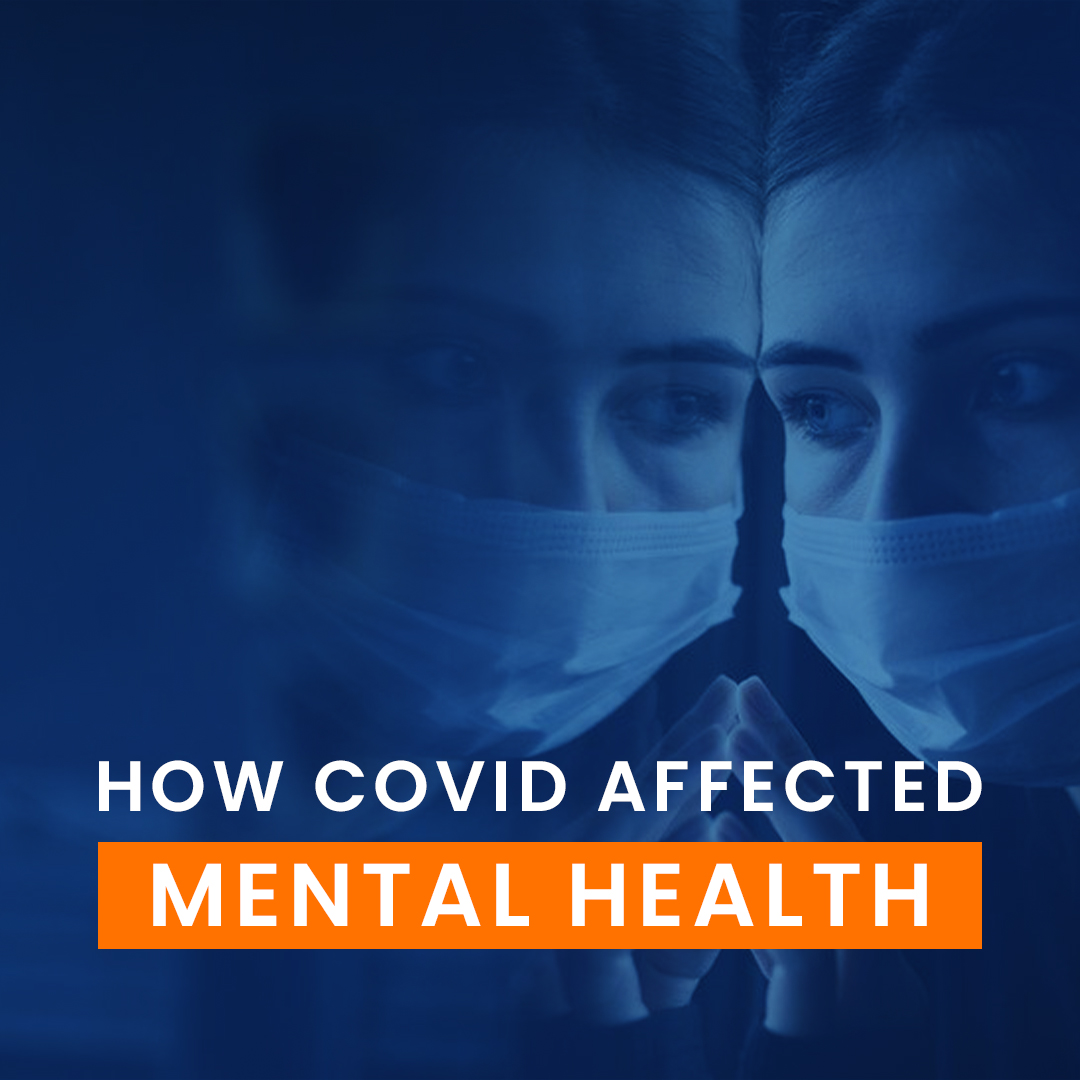Staying locked up in your room and never being able to have a quick walk or a short visit made people experience the hardest days of their lives. People started to value crowded places and celebratory events – even introverts believe me – because they tasted what being and staying alone feels like. When people started to contact one another on social media platforms, they knew that they weren’t alone. Is this relieving? Maybe, but what is surely not relieving is the mental health consequences that hit us all. Fear, grief, depression, trauma, and uncertainty were the stars of the show and they played it well.
The percentage of adults who had symptoms of an anxiety or a depressive disorder during the past 7 days and those with unmet mental health needs during the past 4 weeks increased significantly from August 2020 to February 2021
- KENNY WALTER, editor with HCPLive.
Social Isolation and Conflict With the Community
The foremost mental health consequence people experienced during Covid19 was fear. Imagine waking up one day with a crucial pandemic hitting your country and putting your life and your loved one’s lives at stake. Seeing all these death and infection rates on TV made anxiety and fear reach off the charts. People were uptight and restless whenever someone they know gets infected. Everyone fears death, no one loves to die. In this context, Covid19 was creeping out on everyone’s door and invading their peace of mind.
What follows anxiety and fear is depression. Everything happening in the world already was not enough. People were never ready anymore to get depressed yet Covid19 successfully did the job. Jobs were lost, contact was forbidden, and fear was around. Isn’t this enough for depression to hit? People were alone doing nothing all day even if they still had their jobs but who can be productive in such a state? Suicide rates started to rapidly increase and depression medication consumption also ranked high. Insomnia as well topped the charts because constant dark thoughts kept creeping their way into people’s peace of mind. The only relieving idea to people was that they knew they weren’t alone in this but they weren’t happy either.
Covid Has Put the World at Risk of Prolonged Grief Disorder
Grief and trauma. Grief is the normal fear of loss response after any traumatic incident or event. Nowadays people are valuing a good company when they get the chance to experience one because Covid19 engraved such a harsh loss issue inside everyone. They missed their family and small details in their daily life actions. Guilt made people grief even more because they started re-evaluating their actions and if they ever did someone wrong. It was hard and we all know that it will continue to stay hard.
Dealing with something out of the blue embeds a feeling of uncertainty. When Covid19 first hit the globe, people were in denial. Is it true? What was the factor triggering this virus? Are all rates fake? Denial and uncertainty made people more anxious. Uncertainty makes people tied and not able to process things and incidents properly. Questioning oneself and rationalizing this phase led to exhaustion and restlessness. Uncertainty tolerance should have been the best way to get out of it in the least risky way.









